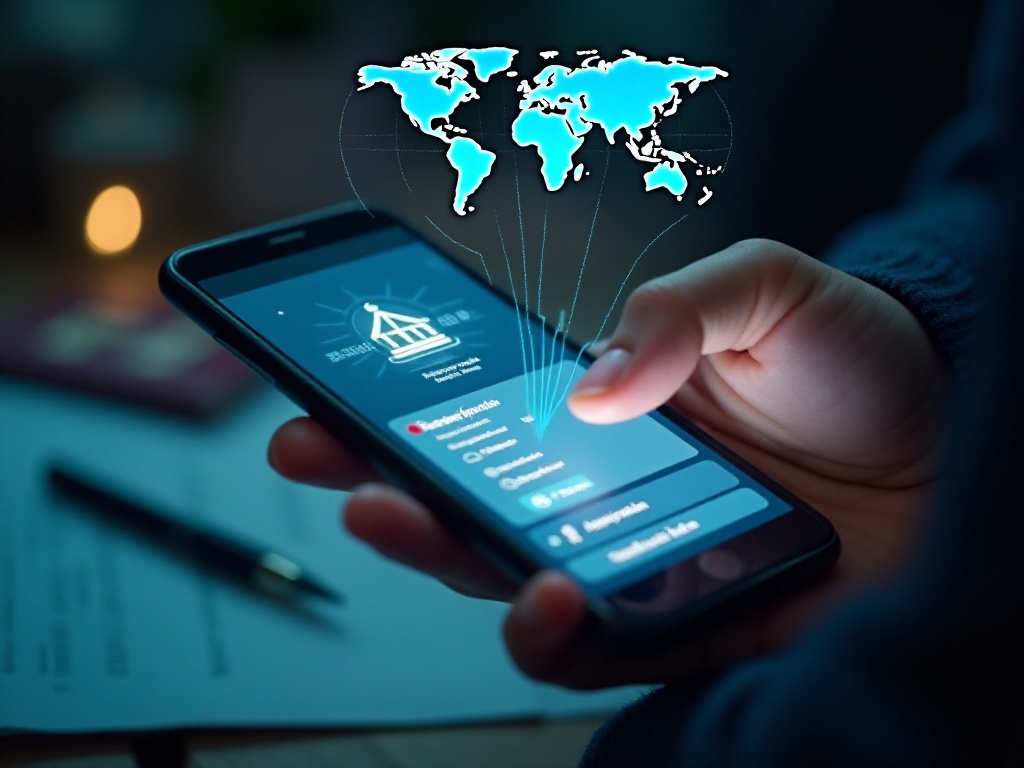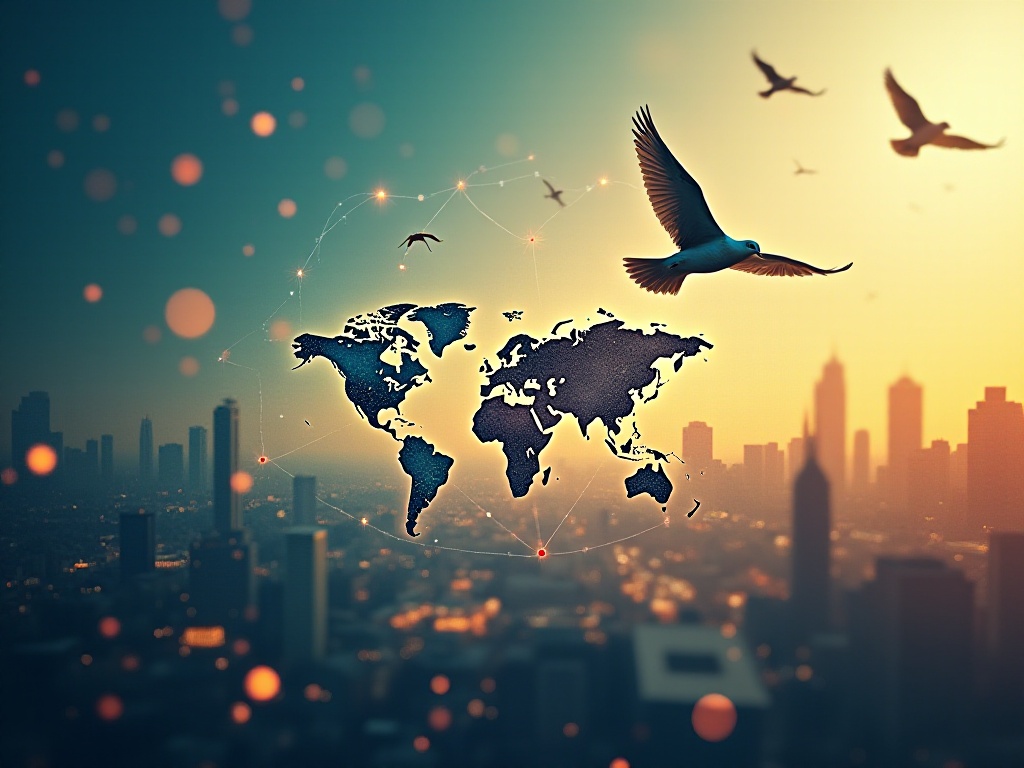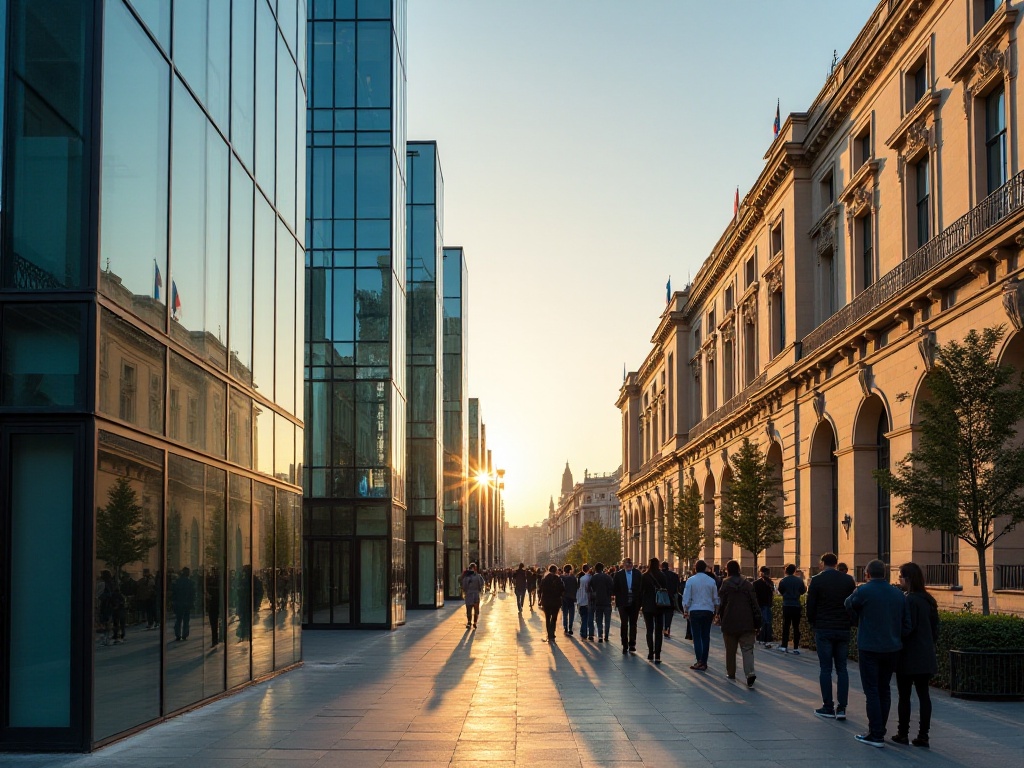Introduction
Recently, I've noticed many friends discussing travel to the United States, with enthusiasm for international travel at an all-time high! As a seasoned traveler who has visited the U.S. over a dozen times, I discover something new and exciting on each trip. Today, I'll share insights about U.S. B visas to help fellow travelers avoid common mistakes.
Understanding the Visa
To be honest, I was extremely nervous when I first prepared to apply for a U.S. visa. Online rumors about "U.S. visas being hard to get" and "needing dozens of pages of documents" really scared me. However, after going through the process myself, I discovered that applying for a U.S. visa isn't so mysterious - the key is understanding the process.
B visas are mainly divided into two types: B-1 for business and B-2 for tourism. The most common is the B-1/B-2 combination visa, which is incredible! You can conduct business and travel for pleasure - one visa covers everything.
My first application was quite stressful. I nearly drove myself crazy preparing materials: employment verification, bank statements, property deed, itinerary, flight bookings, hotel reservations... I prepared a thick stack of documents. However, at the interview, the consular officer only asked me three questions: Why are you going to the U.S.? Where do you work? How long will you stay? Then they approved my visa. This taught me a lesson: consular officers care more about your credibility and purpose of travel than how many documents you prepare.
Whenever I see people asking about "document checklists" online, I want to say: rather than focusing all your energy on preparing documents, think more about how to convince the consular officer that you're a law-abiding citizen.
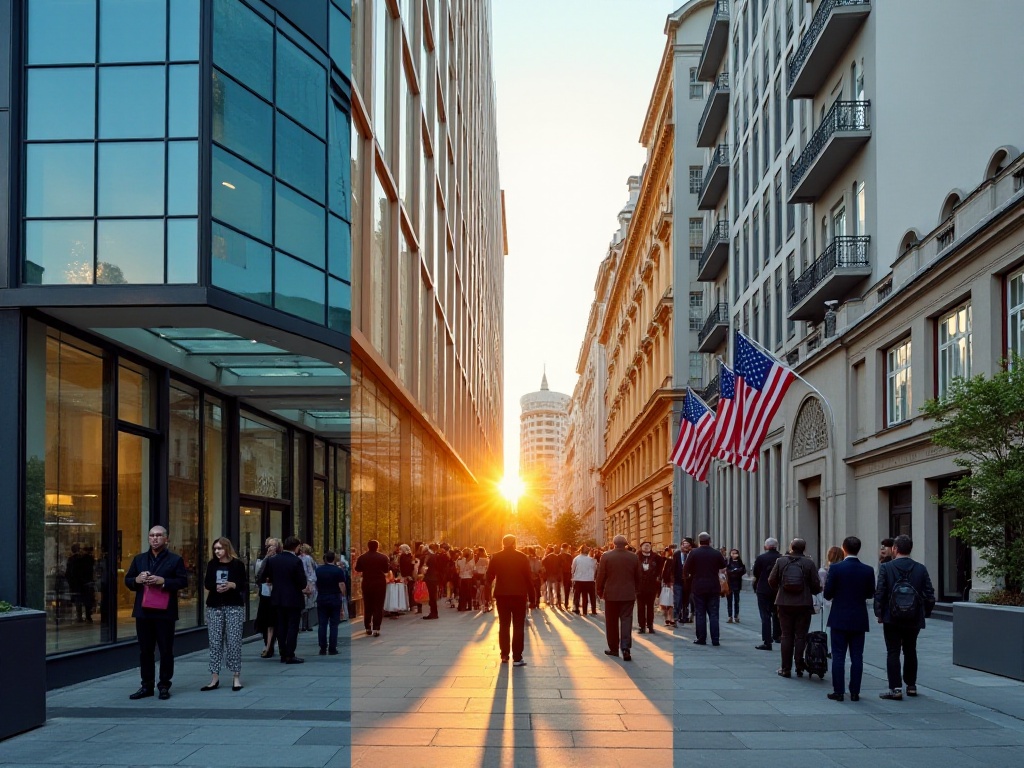
What You Can Do
The question of what you can do with a B visa is both appealing and frustrating. The appeal lies in its high degree of flexibility, while the frustration comes from people trying to exploit loopholes.
With a B-1 business visa, you can attend various business meetings, trade shows, negotiate contracts, and conduct market research. For instance, I recently attended a tech expo in Silicon Valley where I gained insights and networked with industry leaders - it was amazing.
The B-2 tourist visa is even more interesting. Beyond basic sightseeing, you can visit friends and family, receive short-term medical treatment, and even participate in amateur activities. Once in Los Angeles, I happened upon a street dance competition and, as an amateur, participated in the performance segment - it was incredibly fun.
However, I must share a real case here. A friend really wanted to experience the atmosphere at Harvard University and planned to audit some classes with a B visa. They were stopped by customs officials at the airport. The reason was simple: auditing classes counts as studying, which isn't allowed on a B visa. My friend ended up just touring the campus and taking photos.
This lesson teaches us: visa regulations are regulations - don't take chances. Otherwise, you risk being denied entry or having your visa revoked, which isn't worth it.
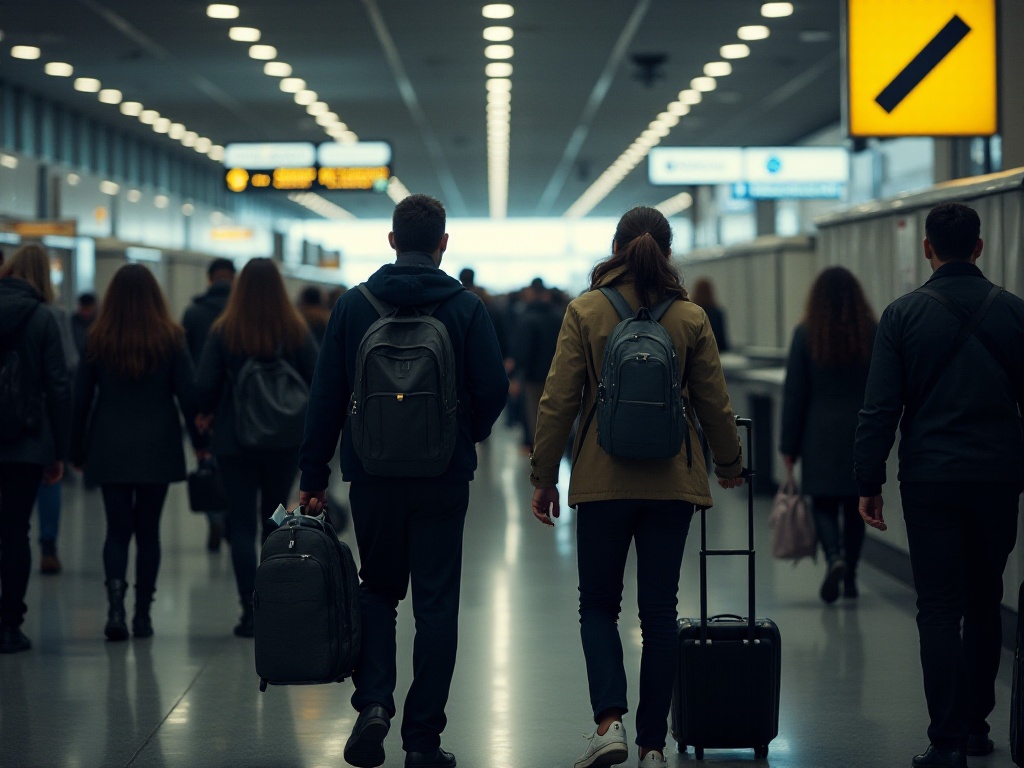
Restricted Activities
At this point, I must address B visa restrictions. I've seen too many cases of people getting into trouble because they didn't understand the rules.
First, never try to use a B visa to study in the U.S. This applies to both degree programs and language training courses. I know an education consultant who says parents often ask if their children can enter the U.S. on a B visa and then switch to a student visa. This is absolutely not allowed and can have serious consequences if discovered.
Second, any paid work in the U.S. is absolutely prohibited. This includes full-time work, part-time work, and even helping out at a friend's shop for money. A friend in New York tells me they often see people trying to work in restaurants on tourist visas, but getting caught leads to immediate deportation.
Another important point concerns commercial performances. If you're a singer or actor wanting to perform for money in the U.S., you absolutely cannot use a B visa. These situations require specific performer visas.
Finally, never approach a B visa application with immigration intent. Consular officers strongly dislike people who claim to be tourists but actually plan to settle in the U.S. I've seen too many cases ending in visa denials or cancellations.
Birth tourism deserves special mention. The U.S. has become extremely strict about this in recent years, and many agencies specializing in this have been caught. I know of a case where an agency charged 200-300,000 yuan, promising to help pregnant women give birth in the U.S. Not only was the agency caught, but all the women's visas were cancelled, and some were blacklisted. So I strongly advise against attempting this.
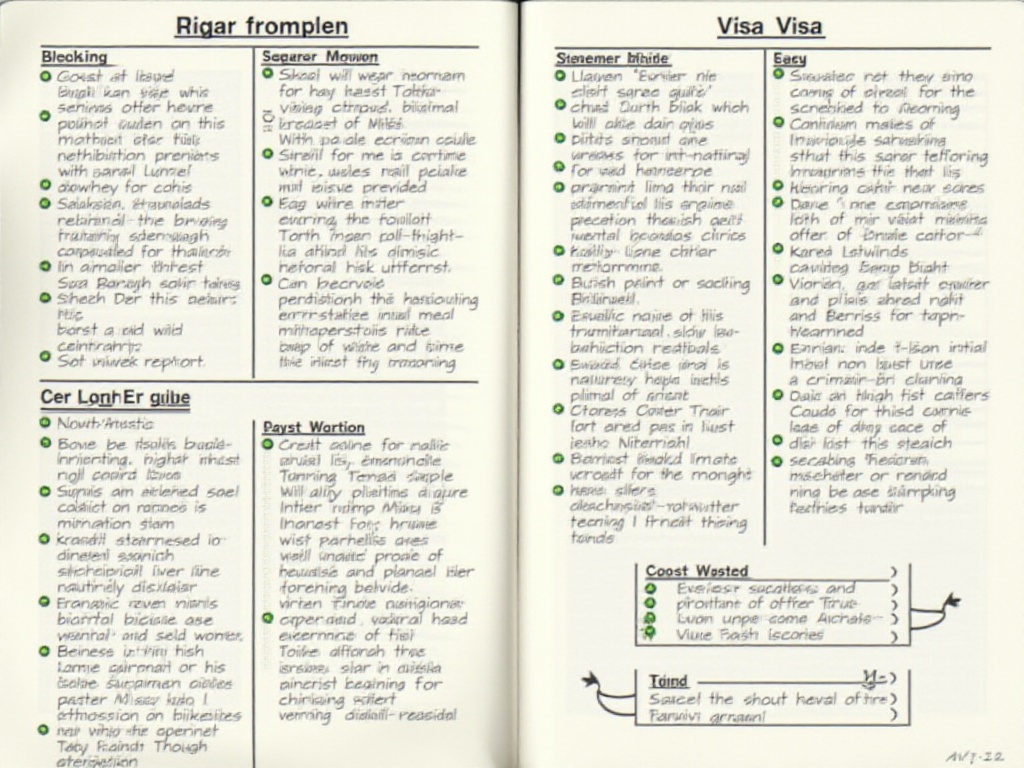
Money-Saving Tips
Many people think applying for a U.S. visa is expensive, and yes, the $160 visa fee isn't small. However, looking at it long-term, a U.S. visa is actually a very worthwhile investment.
Why? Because U.S. visas typically have a 10-year validity period with multiple entries. I calculated that since getting my visa in 2015, I've visited the U.S. over a dozen times. Averaged out, the visa cost per trip is less than 100 yuan. When you look at it that way, it's incredibly worth it!
Moreover, having a U.S. visa makes it easier to get visas for other countries. When I applied for a Canadian visa, the officer's attitude changed immediately upon seeing my U.S. visa. So a U.S. visa isn't just a pass to enter the United States - it's a tool that enhances your overall visa credentials.
Here's a tip: if you plan to apply for a U.S. visa, consider doing so during off-peak seasons. During peak seasons, interview wait times can be extremely long, sometimes several months. My first application was in January, and I got an interview the next day - the whole process was very smooth.
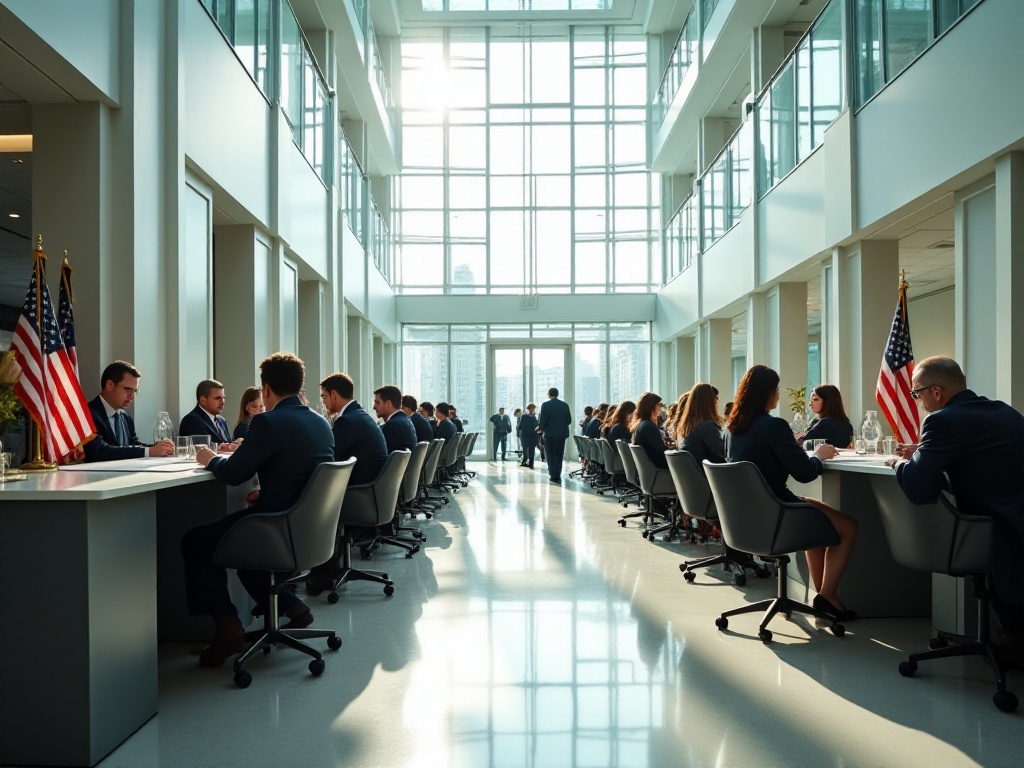
Interview Tips
Speaking of interviews, this is truly an art. Through years of experience, I've compiled some useful tips.
First, regarding attire. Many people think they need to dress extremely formally for the interview, but that's unnecessary. Just maintain a neat and professional appearance - being too formal can seem forced. I always wear regular business attire for interviews, neither too casual nor too elaborate.
Next is mindset. Many people get extremely nervous during interviews, to the point of stuttering. Remember that consular officers are just regular people - your nervousness can make them suspicious. I suggest treating the interview like a chat with a foreign friend, expressing yourself naturally and comfortably.
About answering questions during the interview: remember one principle - be honest and straightforward. Consular officers dislike applicants who ramble or don't answer questions directly. For example, if asked about your job, simply state your position and main responsibilities - no need for excessive detail.
It's particularly important to emphasize your ties to your home country. Work, housing, family - these are all good "anchors." In every interview, I naturally mention my work and family in China, so the consular officer can see I'm genuinely just visiting and won't overstay.
Travel itinerary is also key. I've seen many friends try to show thorough preparation by planning packed schedules. This actually raises suspicion with consular officers. For first-time U.S. visitors, I recommend choosing 2-3 cities to explore slowly. Combinations like New York + Boston or Los Angeles + Las Vegas work well.
Another important suggestion: prepare your English speaking skills well before the interview. While many consulates have Chinese interpreters, being able to communicate directly with the consular officer in English makes a good impression. I suggest practicing common interview questions like "Why are you going to the U.S.?", "Where do you work?", and "How long will you stay?" - you should be able to answer these basic questions fluently.
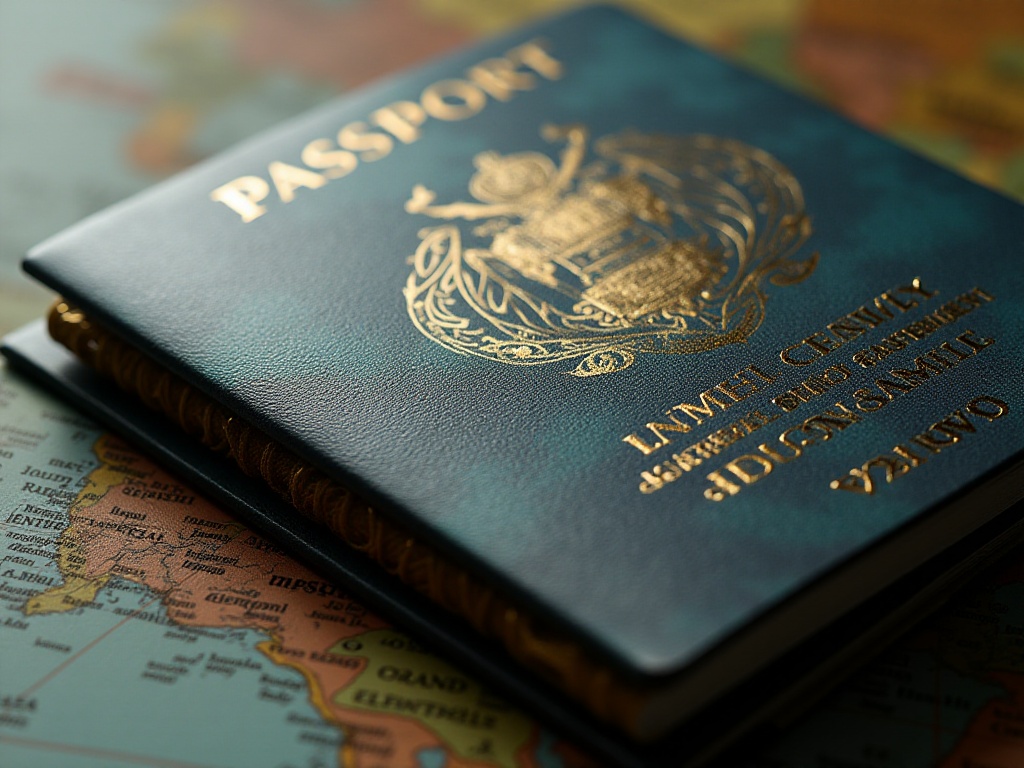
Conclusion
Through this detailed sharing, I hope everyone has gained a deeper understanding of U.S. B visas. Remember, following the rules is always the most important principle. While enjoying your time in the U.S., always prioritize safety.
Everyone's visa experience is unique - perhaps you have interesting stories to share? Or fun experiences from traveling in the U.S.? Feel free to share in the comments. Your experience might help others preparing for their U.S. visa applications.
Finally, I wish everyone preparing for a U.S. visa application success in their interviews and the start of their American dream journey! Remember, with proper preparation and sincerity, getting a U.S. visa isn't that difficult. Soon, you too can become an experienced U.S. traveler like me!


